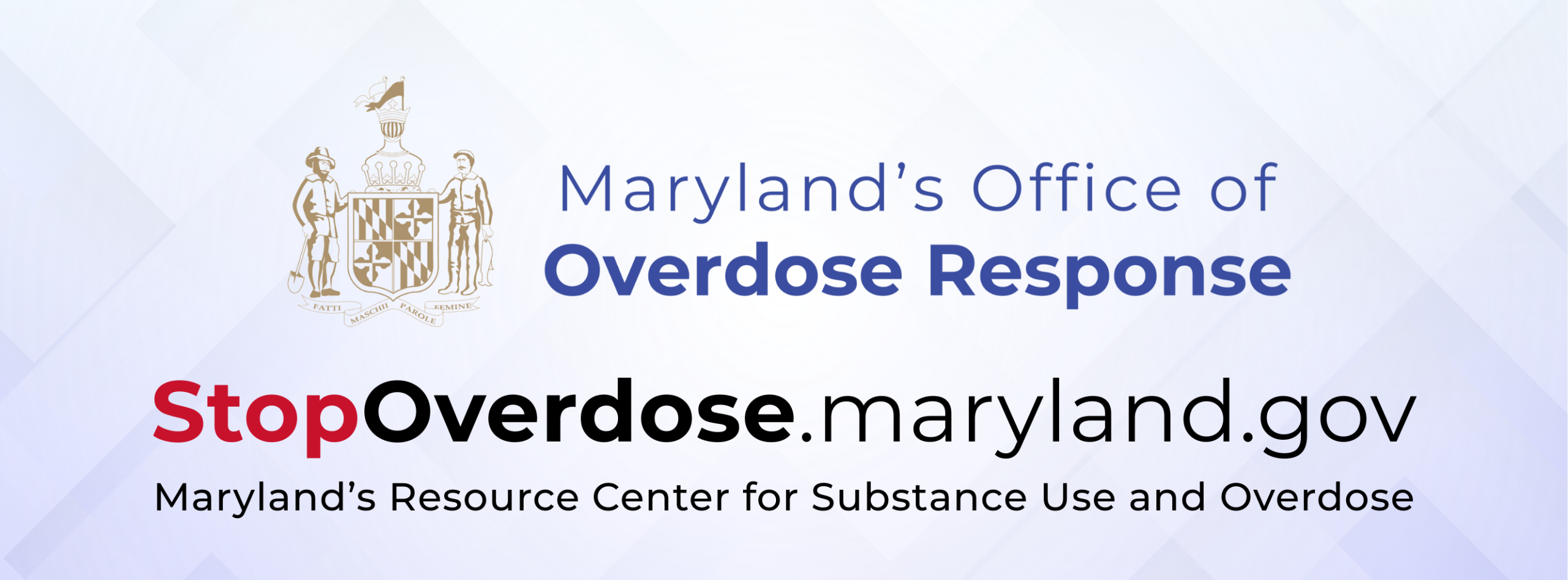Moore-Miller Administration Recognizes International Overdose Awareness Day
For immediate release: August 31, 2023
CROWNSVILLE, MD – Governor Wes Moore today issued a proclamation commemorating August 31 as International Overdose Awareness Day in Maryland. Flags have been lowered to half-staff and Government House will be lit purple this evening in remembrance of individuals who have lost their lives to drug-related overdoses.
“As we pause to remember the lives of those we have lost too soon, I’m calling on Marylanders across the state to take action,“ said Gov. Moore. “I encourage everyone to reach out to individuals in their lives if they are struggling with substance use. The first step for saving lives is meeting people where they are with compassion, respect, and love above all else.”
“Behind every person lost to an overdose is a family, a loved one, an entire community who is left to endure irreparable pain and heartbreak,” said Lt. Gov. Miller. “Governor Moore and I extend our arms to those who know that pain. In order to address this issue comprehensively, we must break down the stigma and shame surrounding mental and behavioral health disorders. By having open and honest conversations as Marylanders, we can eliminate the barriers that prevent individuals who are struggling from asking for help.”
“Governor Moore and the Maryland Department of Health recognize that the overdose crisis is a public health issue first and foremost,” said Secretary of Health Laura Herrera Scott. “Leaving no one behind means building a Maryland where everyone can access compassionate and quality care for substance use wherever they are in their lives and whenever they need it.”
Opioids, such as fentanyl, can cause slowed or stopped breathing in the event of an overdose, which can be life threatening. Marylanders are encouraged to know the signs of an overdose, which include a person’s body going limp; pale or blue skin, lips, and fingernails; loss of consciousness; depressed breathing; and choking or gurgling noises. Individuals responding to a suspected opioid overdose are encouraged to always administer the overdose reversal medicine, naloxone, and call 911 for help.
Maryland’s Good Samaritan Law provides legal protections to those who assist with an alcohol or drug-related emergency. Individuals who call 911 for help with an overdose cannot be arrested or prosecuted for possessing or using a controlled dangerous substance or drug paraphernalia or providing alcohol to minors. Additionally, calling 911 will not affect the parole status of someone seeking help with an overdose.
Marylanders can learn more about obtaining naloxone, responding to opioid overdoses, and details regarding Maryland’s Good Samaritan Law by visiting beforeitstoolate.maryland.gov.
Maryland’s Opioid Operational Command Center recently announced its Community Overdose Action Town Hall Series. Special Secretary of Opioid Response Emily Keller and staff will be visiting each of Maryland’s 24 local jurisdictions to hear directly from community members. Town hall participants are encouraged to share their ideas for how state and local agencies can do more to address the overdose crisis.
“Overdose affects all Maryland communities, and every community has their own specific needs,” said Special Secretary of Opioid Response Emily Keller. “As we work to create a truly comprehensive system of care, it is imperative that we consider the voices of those who have been directly impacted by overdose and ensure that everyone has a seat at the table. Partnerships between state and local agencies and community organizations are the bedrock of Maryland’s overdose response framework, and it is imperative that we continue to foster collaboration as we work to save lives.”
The Opioid Operational Command Center announced four sessions to launch the town hall series, which will begin in September during National Recovery Month, with visits to Dorchester County on Sept. 5, Somerset County on Sept. 6, Worcester County on Sept. 7, and Wicomico County on Sept. 8. Additional town hall dates will be announced in the coming weeks.
More information about the Community Overdose Action Town Hall Series is available at https://beforeitstoolate.maryland.gov/town-halls/.
Marylanders who are struggling with substance use are encouraged to call or text the National Suicide & Crisis Liveline, 988 to get connected to substance use and behavioral health resources.
###
The Opioid Operational Command Center is Maryland’s principal coordinating office for addressing the opioid and overdose crisis. The OOCC can be contacted by email at [email protected].

 1-888-373-7888
1-888-373-7888 233733
233733